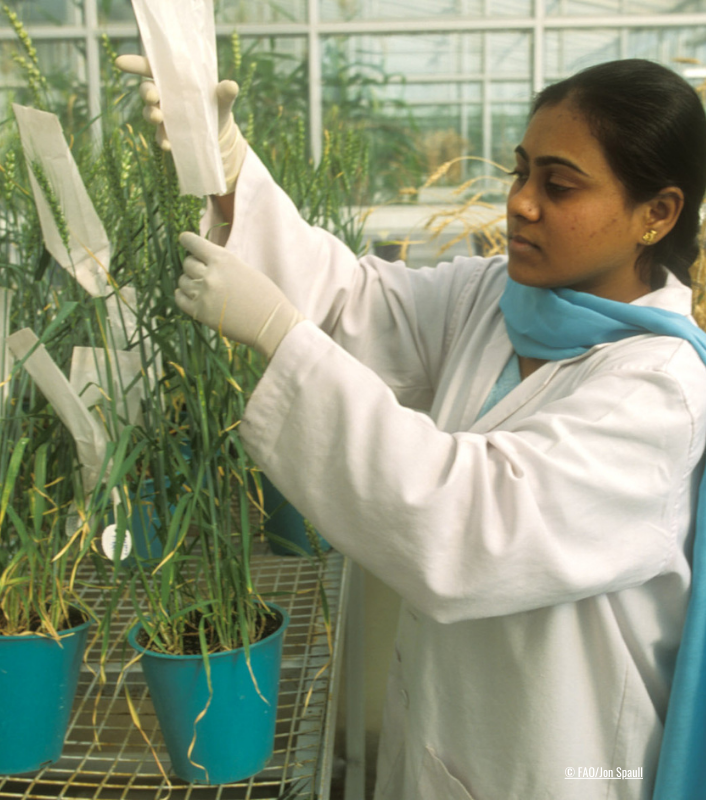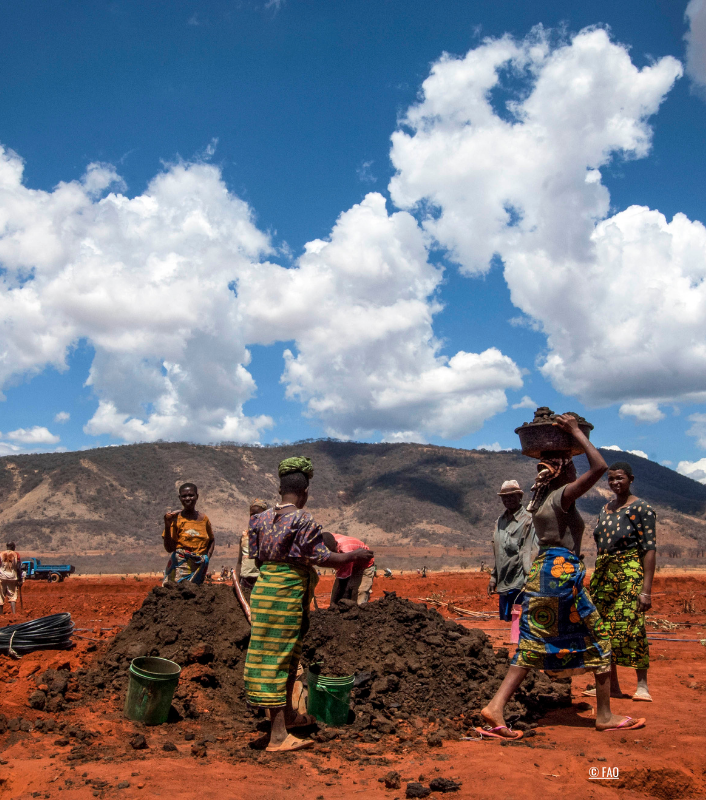GLOBAL ASSISTANCE
Build resilience to vulnerabilities, shocks and stresses
Institut de Recherche pour le Développement (IRD)
Type of Assistance
- National Pathway formulation, update or operationalization: support the formulation, update, prioritization or operationalization of Pathways based on science. Operationalization can be done through e.g. Pathway implementation plan development or assistance
- Mobilising Science for strategies and policies formulation: support the formulation or review of national food system related strategies, policies and legal frameworks. Normative guidance: e.g. development or review of guidelines and how to use them at country level
Coverage: Africa, Latin America and the Caribbean, Asia and the Pacific, and the Near East
Summary of Assistance:
The Institut de Recherche pour le Développement (IRD) offers science based policy support via several tools such as IRD Collective Scientific Assessments (ICSA). As a science-policy interface, ICSA provides a detailed state of scientific knowledge on specific sustainable development challenges, along with recommendations. At the instigation of national or international institutions (ministries, development agencies, fundraising entities, NGOs, foundations) and through a shared creation process, the scientific assessment provides a comprehensive synthesis of what is known - based on a critical analysis of international scientific literature. Along with a consolidated view of the challenges, it produces conclusion and operational guidance grounded in the latest scientific knowledge. This instrument is aimed at operating as part of an executive authority’s decision-making process. It is carried out over a limited period of time (12 to 24 months).
ICSA, developed also with other French research institutes such as INRAE, are:
- Demand driven at different level, by local, regional or international decision-makers’ needs
- Operational in different geographical areas of the global south
- Deployable in a relative short time period
- Supported by a wide scientific network of the French and international research communities
- ICSA can provide a blueprint to help countries implement their SDG agendas by better understand SDG interactions (synergies and trade-off) - from scientific knowledge to policy-decision
Focal Point and Contact: Ludovic Mollier, [email protected]
Relevant Links & Documents: Website

Foundation Earth
Type of Assistance
- Strategies and policies formulation: support the formulation or review of national food system related strategies, policies and legal frameworks. Normative guidance: e.g. development or review of guidelines and how to use them at country level
- In-country technical support missions for pathways development, operationalization or implementation (system-wide or thematic). Expert assistance: deploy or assign expert to country remotely or physical or maintain roster of experts and thought Leaders
- Analytics: assessments, analysis, data collection, evidence generation and monitoring, solution scanning and modeling. Monitoring and Evaluation support: identifying meaningful progress indicators, developing results frameworks and M&E plans
Coverage: Global
Summary of Assistance:
The agri-food sector represents one third of the emissions. To promote environmental transparency, Foundation Earth has developed a robust, data-driven environmental scoring system for food and drink products, helping businesses transform their value chains with science-based intelligence. The result is a front-of-pack label that provides consumers with clear, credible information to make more sustainable buying choices. Foundation Earth has piloted with 22 brands globally, including multi-nationals, and has scored 350+ products, demonstrating commitment from the sector to join the movement towards environmental accountability and transparency.
National governments are equally keen to research and trial eco food labeling at country level to reach climate targets, as can be seen in France, Denmark and the Netherlands. However, there are challenges in assessing and communicating the labels via a standard, harmonized assessment method that is robust, based on high-quality data and is accessible to all. The Foundation tackles that challenge as a mission-based scalable scheme that addresses whole food systems. Through pilots, critical intelligence to support decision-making at country level are generated and this can act as an independent body to trial food eco scoring at country and international levels, essential to meet Scope 3 emissions targets and SDGs.
Focal Points and Contact: Cliona Howie, [email protected] , Laura Nolan, [email protected]
